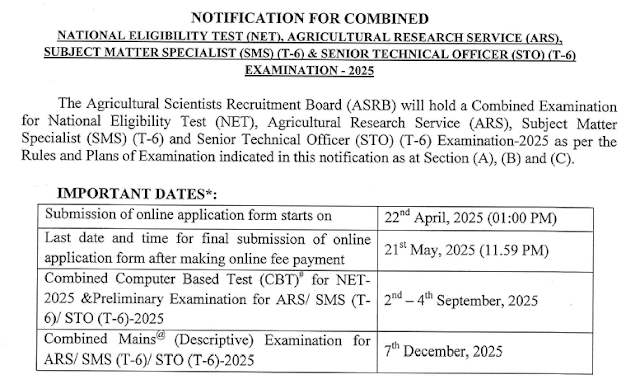What Happens When You Cut Carbs for 30 Days?
So, you’ve decided to give up carbs for 30 days. Whether it's to shed a few pounds, stabilize your energy, or try a ketogenic diet, you’re in for a ride! Let’s break down what happens to your body when you ditch those beloved carbs. Don’t worry, I’ll keep it simple and science-backed.
Week 1: The Great Glycogen Depletion
Carbs are your body's primary fuel source. They’re stored as glycogen in your liver and muscles, and for every gram of glycogen, your body also stores water (around 3–4 grams).
When you stop eating carbs, your body burns through glycogen quickly—usually within 24–48 hours. That’s why you’ll notice a rapid drop in the scale during the first week. But here’s the catch: most of that weight loss is water, not fat.
How You Might Feel:
- A bit lighter, but also…
- Tired, cranky, and maybe craving bread like never before.
Week 2: Enter Ketosis
With your glycogen stores empty, your body needs a new energy source. It turns to fat! Your liver breaks down fat into molecules called ketones, which become your brain and muscles’ new fuel. This process is called ketosis.
Now, switching to fat as fuel isn’t instant. Many people experience what’s known as the “keto flu” during this transition.
Symptoms of Keto Flu:
- Fatigue
- Headaches
- Brain fog
- Irritability
Don’t worry—this is temporary! Your body is just learning how to burn fat efficiently.
Week 3: The Sweet Spot
By now, your body is getting better at using fat for fuel. You might feel a boost in energy and mental clarity. Some even say they feel super focused and “light” in their minds—like their brain just got an upgrade.
Your blood sugar levels stabilize, and insulin (the hormone that regulates fat storage) stays low, helping you burn fat more efficiently.
What’s Great About This Phase:
- Steady energy without crashes.
- Reduced hunger and cravings.
- Noticeable fat loss (not just water anymore!).
Week 4: The Long-Term Effects
After a month, you’ve likely adapted to this new way of eating. But cutting carbs for an extended period comes with pros and cons:
The Good:
- Weight Loss: Fat burning continues, especially if you maintain a calorie deficit.
- Improved Metabolism: Lower blood sugar and insulin levels can reduce your risk of diabetes and metabolic issues.
- Brain Boost: Ketones are a clean-burning fuel that some say enhances focus and mental clarity.
The Challenges:
- Gut Health: With fewer carbs, you might be missing out on fiber. This can lead to constipation or changes in your gut bacteria. Non-starchy veggies like spinach, broccoli, and cauliflower can help.
- Exercise: High-intensity workouts might feel harder because they rely on glycogen (which you no longer have much of).
- Micronutrient Deficiencies: Cutting carbs might mean cutting out nutrient-dense foods like fruits and whole grains. Be sure to include plenty of leafy greens and consider supplements if needed.
What Science Says
Low-carb diets can work wonders for some people, especially in the short term. Studies show they can help with weight loss, improved blood sugar control, and steady energy levels. However, long-term effects vary depending on how well you balance your nutrients.
Should You Try It?
If you’re curious about going carb-free, start by planning your meals carefully. Focus on healthy fats (like avocados and nuts), proteins (like tofu, eggs, or chicken), and plenty of low-carb vegetables.
Also, listen to your body. If you’re feeling weak or constantly tired, it might be time to reintroduce some healthy carbs like quinoa or sweet potatoes.
At the end of the day, there’s no one-size-fits-all diet. Whether you stick with low-carb eating or not, finding a way to fuel your body that feels sustainable and balanced is key.
Have you ever tried cutting carbs? Share your experience in the comments—I’d love to hear your story!


Comments